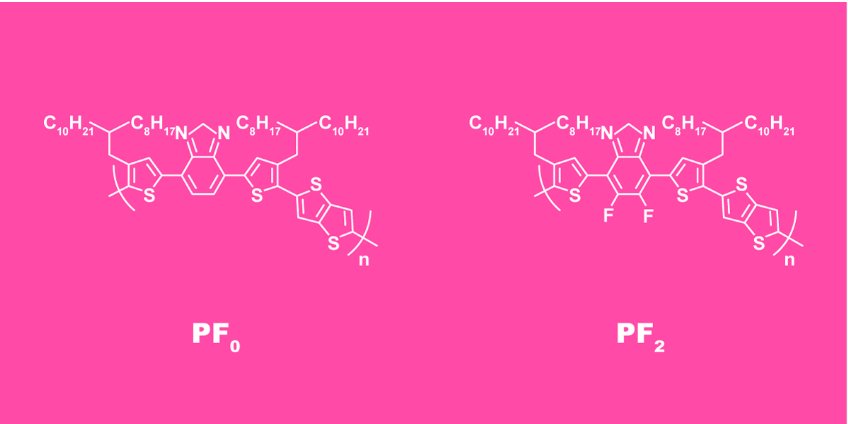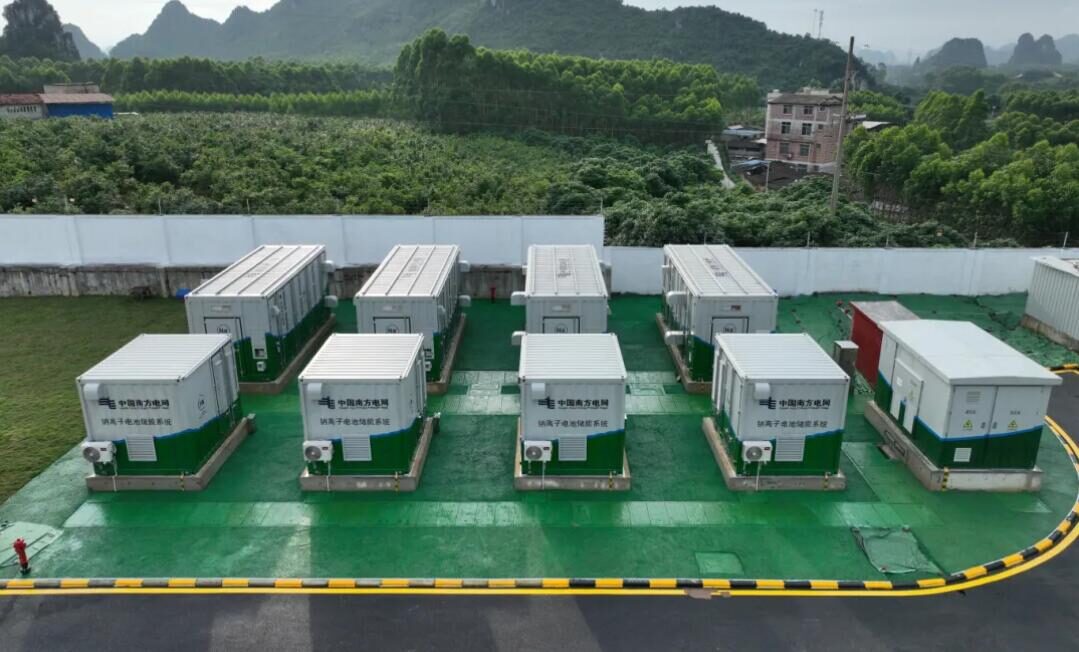A group of scientists from France, Russia and Kazakhstan has developed a fluorination technique which provided a significant efficiency boost to solar cells based on organic polymer material.
The team worked with polymer:fullerene solar cells, and found that the process of incorporating fluorine atoms into the polymer increased cell efficiency from 3.7% to 10.2%.
The researchers note that while this efficiency is still well below current commercial standards, the size of the improvement gained here demonstrates their potential: “Perhaps with further tweaks organic solar cells could outperform their polysilicon based counterparts,” says the release from Moscow Institute of Physics and Technology, which participated in the study alongside University of Strasbourg, University of Lyon, Institut de Sciences des Matériaux de Mulhouse, Synchrotron SOLEIL in France, and Kazakhstan’s Nazarbayev University.
Their study, ‘Face-on orientation of fluorinated polymers conveyed by long alkyl chains: a prerequisite for high photovoltaic performances,’ Published in the Royal Society of Chemistry’s Journal of Materials Chemistry A, concludes that fluorination and ‘functionalization by bulky alkyl side chains’ are both necessary to achieve efficiencies above 10%, at least with the polymer being studied here.
The polymer was produced in a number of different configurations, and then its structure was again changed by adding fluorine atoms. According to co-author Dimitri Ivanov, the challenge was to “optimize solar cell efficiency by picking the right molecular energy levels of the donor and the acceptor, while also creating the appropriate supramolecular structure that would facilitate charge transport to the electrodes.”
This content is protected by copyright and may not be reused. If you want to cooperate with us and would like to reuse some of our content, please contact: editors@pv-magazine.com.




2 comments
By submitting this form you agree to pv magazine using your data for the purposes of publishing your comment.
Your personal data will only be disclosed or otherwise transmitted to third parties for the purposes of spam filtering or if this is necessary for technical maintenance of the website. Any other transfer to third parties will not take place unless this is justified on the basis of applicable data protection regulations or if pv magazine is legally obliged to do so.
You may revoke this consent at any time with effect for the future, in which case your personal data will be deleted immediately. Otherwise, your data will be deleted if pv magazine has processed your request or the purpose of data storage is fulfilled.
Further information on data privacy can be found in our Data Protection Policy.